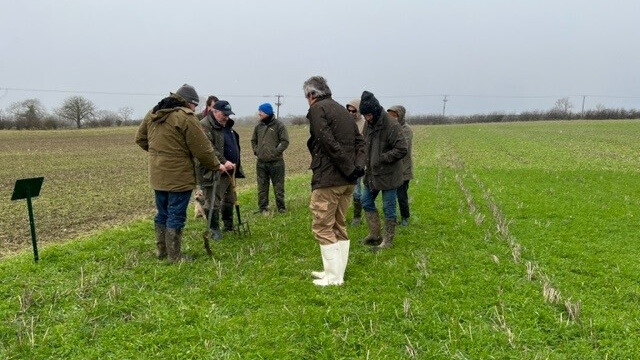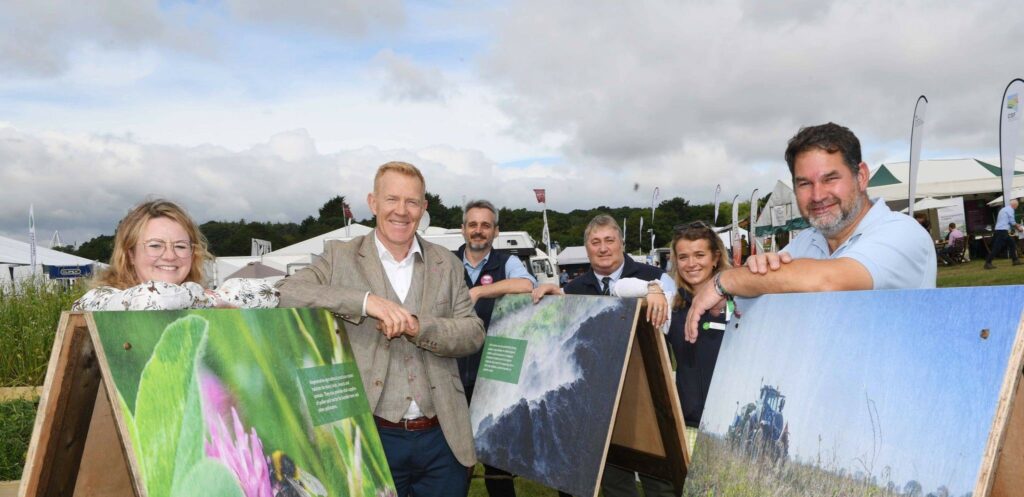About
As with any new approach to farmland management, cover cropping is not ‘one size fits all’.
From seed selection to termination, a poor decision at any stage can result in failed crops, wasted time, financial loss and missed opportunities.
To minimise the risk and maximise the benefits of cover cropping, the Cover Crops Guide provides quick reference information on species selection, establishment and termination.
It collates resources and considers many on-farm variables, such as soil composition and regional climates.
It is the UK’s first accessible, independent, farmer-led and scientifically supported farmers’ guide on cover cropping.
We made it to help farmers on their cover cropping journeys.
When planted between two cash crops, cover crops can:
- Add soil organic matter and nutrients
- Reduce soil erosion and leaching
- Promote moisture management
- Benefit biodiversity
- Mitigate pest and disease outbreaks
- Improve yields
- Save costs
- Deliver for the wider environment
As well as the direct benefits to the farmer and field, cover crops can also form a core element of a farm’s agri-environment schemes, such as the Sustainable Farming Incentive (SFI), providing growers with additional revenue streams.
Cover crops also align well with current trends towards regenerative agricultural systems, maintaining living roots in the soil, keeping soil covered, and maximising crop diversity.
From the outset, the Cover Crops Guide was led by the people who would use it.
We hosted a series of online, in-person and on-farm workshops to discuss the guide with farmers and other key stakeholders. This identified the most valuable content and key knowledge gaps.
Co-design activities included:
- An in-person workshop at the Yorkshire Agricultural Society with over 75 farmers
- An on-farm workshop at Molescroft Farm (kindly hosted by Tamara Hall, James Brown) with a trials tour by Clive Wood (KingsCrops/Frontier)
- A webinar workshop for those who were not able to attend physical meetings
- A cover crop survey (by Newcastle University Student, Max Pybus) that received over 50 responses
Funds were provided through the Farming Innovation Programme, delivered by InnovateUK (the UK’s innovation agency) in collaboration with the Department for Environment Food and Rural Affairs (DEFRA).
It was part of a Research Starter Competition, which aimed to support farmgate ideas from farmers, growers, and foresters to solve major problems facing their business on themes of sustainability, productivity, and resilience.
Our achievements



